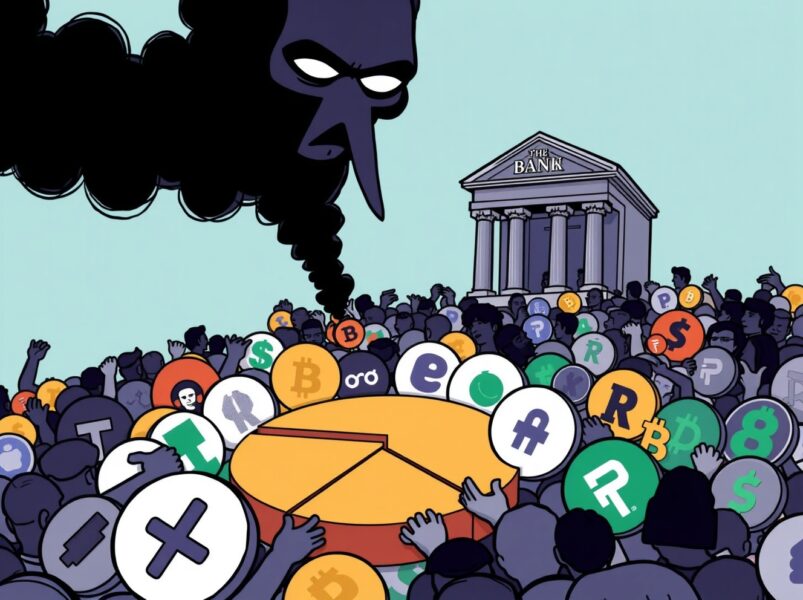There’s a lot to like about decentralized artificial intelligence and its promise to enable free or low-cost access to powerful AI models and services. Now, a startup called OORT wants to democratize the development process too, launching a new platform that seeks to crowdsource AI data collection.
OORT’s new DataHub Launchpad is billed as the world’s first “omni-chain data task platform”, and its goal is to further collaboration in the AI industry. It’s doing this most logically and feasibly, by offering incentives to anyone who can help AI projects gather the data they require.
It’s solving an urgent need. New AI models must be trained on enormous amounts of data, and increasingly, that data must also be precise. Whereas companies like OpenAI initially made do by scraping the web to train their models on articles, blog posts, social media comments, and random images, they’re now becoming very particular about the types of data they need. What they want is smaller, more precise datasets that can be used to train models to perform more specialized tasks. But the challenge is sourcing it. In many cases, it doesn’t exist, and if it does, it’s often extremely expensive.
This is where OORT comes in. With the DataHub, AI researchers and developers can create a “Data Task” that specifies what they need, whether a collection of images of specific objects or activities, or even just responses to a survey. Contributors browse the platform for tasks they can complete and upload their data, and others verify their submissions to ensure they’re not fake or AI-generated. Once they’ve confirmed the data is good, it’ll be supplied to the team that requested it. At that point, the contributors who collected and verified the data get paid, either in OORT tokens or any other BNB Chain token.
DataHub Launchpad expands on this idea, bringing social media influencers into the equation, enabling them to grow their audiences online by creating Data Tasks and having their followers complete them. It’s a way to outsource tasks so they can be completed much faster and more comprehensively, with everyone earning rewards for their contributions. For instance, an influencer might ask their followers to upload images of cakes to their X profile, and they’ll earn tokens for each one they post. Because it’s incentivized, it gives them a way to grow their social media following, and they’ll also earn revenue themselves once OORT monetizes the completed dataset. Brands can also do the same to grow their following in an organic, trackable way.
OORT’s founder and CEO, Dr. Max Li, said that DataHub Launchpad will have a significant impact on the AI industry by lowering barriers to data collection and enabling everyone to participate. “The DataHub Launchpad is a game-changer because it democratizes data collection by putting the power of AI in the hands of many, not just a few,” he said.
Interestingly, OORT’s ambitions extended beyond just AI data collection. For instance, companies or researchers can create surveys and quiz a global audience on any topic they need to know about, and reward people who take the time to answer them.
Ultimately, OORT sees itself becoming a vital cog in the decentralized AI industry. By building a large, global community of data contributors that can rapidly source high-quality datasets on almost any topic, it’s fixing one of the major bottlenecks in AI development and accelerating innovation.
Source: https://zycrypto.com/oort-introduces-the-tiktok-for-data-connecting-web3-and-ai-projects-with-community-driven-data/


